Princes of the Night
In 2016, I found myself working for the Japanese studio, Accela, Inc., on an otome mobile game titled “Princes of the Night.” It was a brief stint, but it opened my eyes to the sprawling universe of romance games.
Position
Tasks
- Game Writer
- Pitch for two new stories (Klaus route)
- Writing of entire stories
- Quick sketches for the illustrator
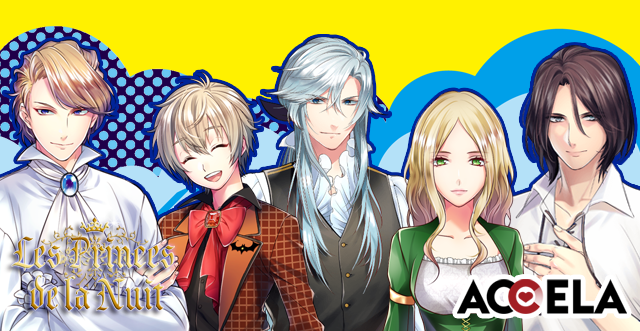
An Unexpected Adventure
My journey with Accela, Inc. began quite by accident at the Japan Expo in 2016. I was at the convention, helping a friend with her booth, amidst the sea of nerds and otaku from all over Europe. That year, the event featured a handful of Japanese otome game developers, among them, Accela. Feeling bold and a bit cheeky, I offered my services to an English-speaking translator and representative of the studio. To my astonishment, he mentioned they were on the lookout for writers who could deliver quality work promptly.
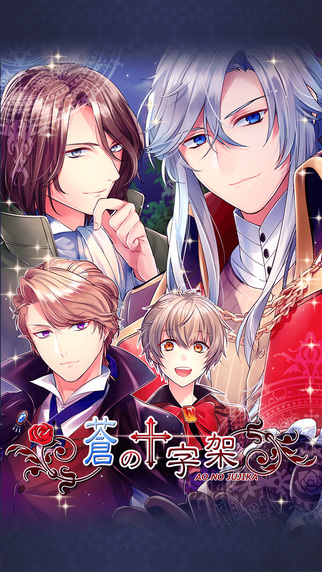
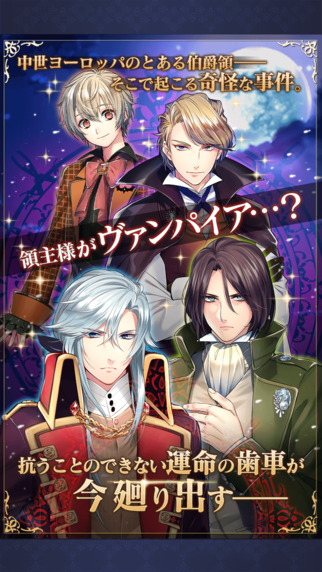
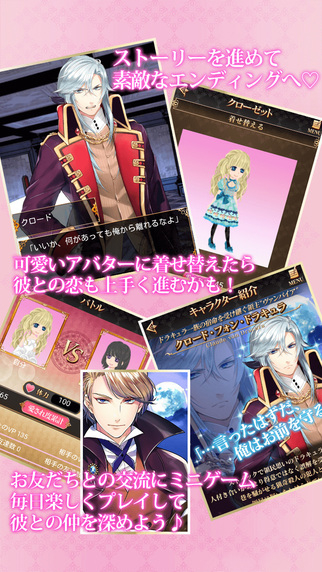
Hitting the Ground Running
Just a few days post our initial conversation, and after a brief exchange of contact details, I was tasked with crafting a story roughly 60,000 words long. It was to feature multiple-choice questions, each bearing its point value, all within a month’s time.
What added to the challenge was that I had to continue a narrative already present in the game’s universe, a captivating title called “Princes of the Night,” which hovered between the worlds of Dracula and Castlevania.
Navigating New Territory
Adapting to an already established universe was a task in itself. However, the real discovery came when I had to internalize and decipher the unique codes inherent to otome gaming.
Back then, this particular game genre from Japan—where you step into the shoes of a young woman on a text-based adventure, aiming to woo or be wooed by a selection of handsome men—was just starting to gain traction in the Western market, especially in France.
Though I was familiar with the French studio 1492, the brains behind the “Is It Love” series, and had caught a documentary on otome games on the Nolife channel, I was largely unacquainted with this expansive and growing gaming galaxy.
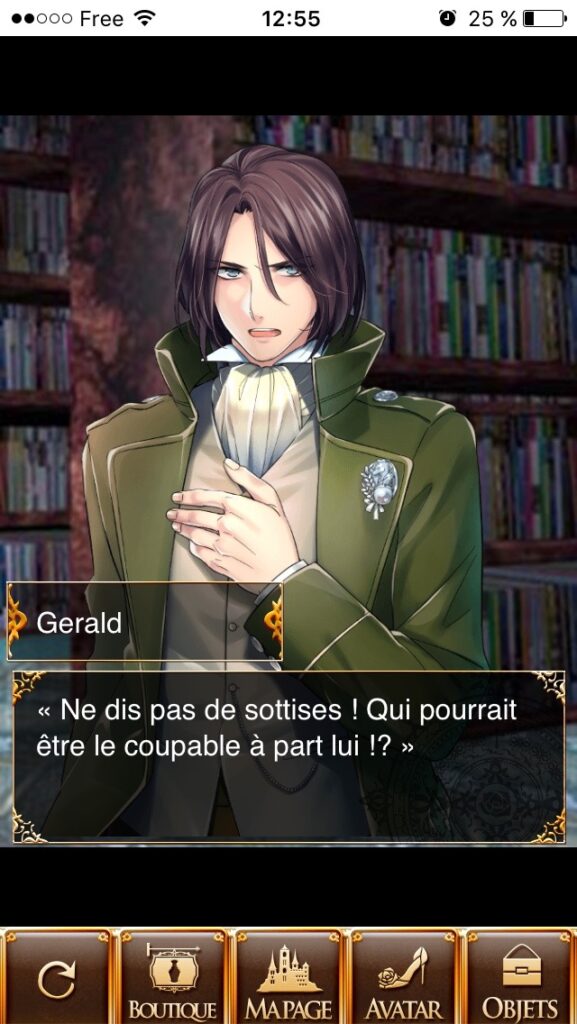
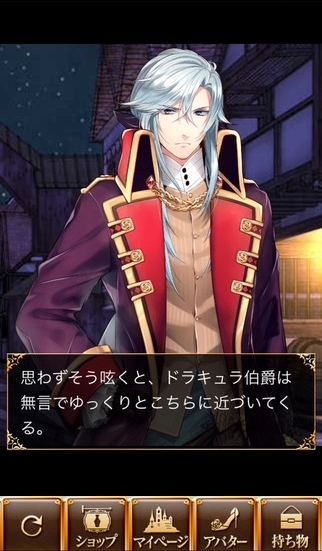
Writing full speed
My work on “Princes of the Night” contrasted starkly with my previous endeavors like “Criminal Case.” Firstly, I was writing in English, which was a blessing. Crafting a story exceeding 60.000 words within a month was no small feat, and doing so in prose in any language other than my mother tongue would’ve been a monumental challenge.
It was also my maiden voyage into the realm of multiple-choice questions, and given their volume, crafting each one uniquely was a challenge. I’ll admit, some choices felt a bit contrived or even lackluster.
However, these hurdles were in many ways invigorating. The task felt more like genuine fiction writing than narrative design. And, honestly, I relished the sensation of being a holistic author, delivering complete stories rather than snippets or sequences tied down by design constraints and gameplay mechanics.
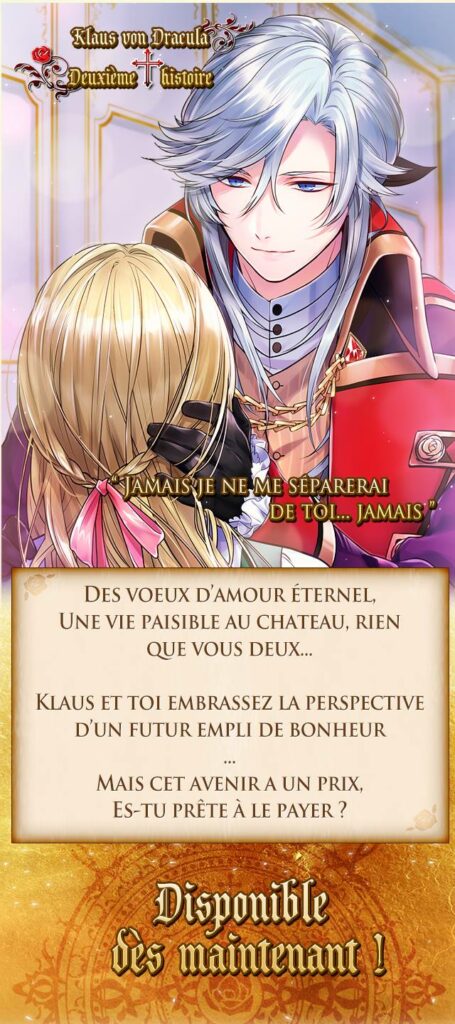
A Valuable Experience
My narrative about my time working on “Princes of the Night,” which, sadly, is now virtually untraceable, might sound a bit offbeat. Yet, it’s an experience I hold close to my heart. What saddens me the most is the game’s unavailability, at least in English.
Collaborating with a Japanese studio on what many would consider a niche title was, contrary to what some might assume, incredibly fulfilling. This marked my second professional gig, where I had to adapt to an established universe’s pace and nuances. This role affirmed my place in the industry, as there’s a distinct confidence boost and validation when one’s work is commissioned for a second round.
